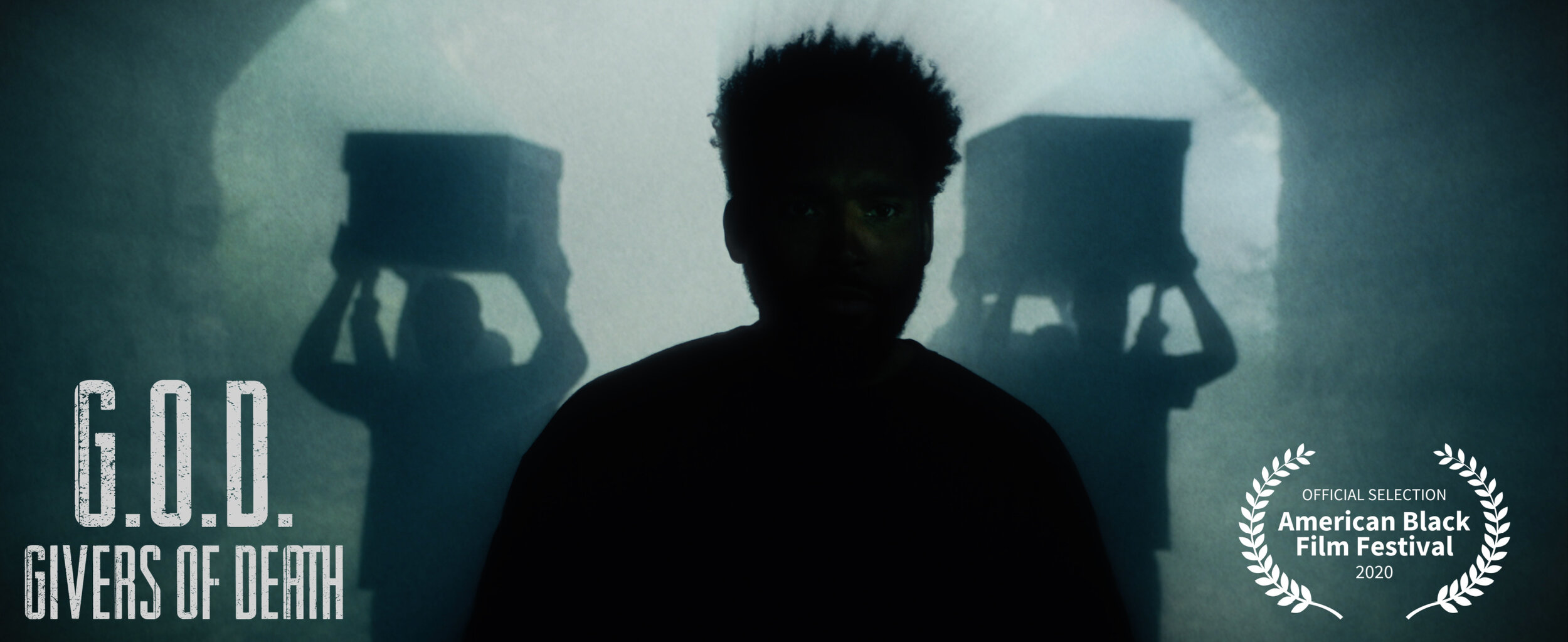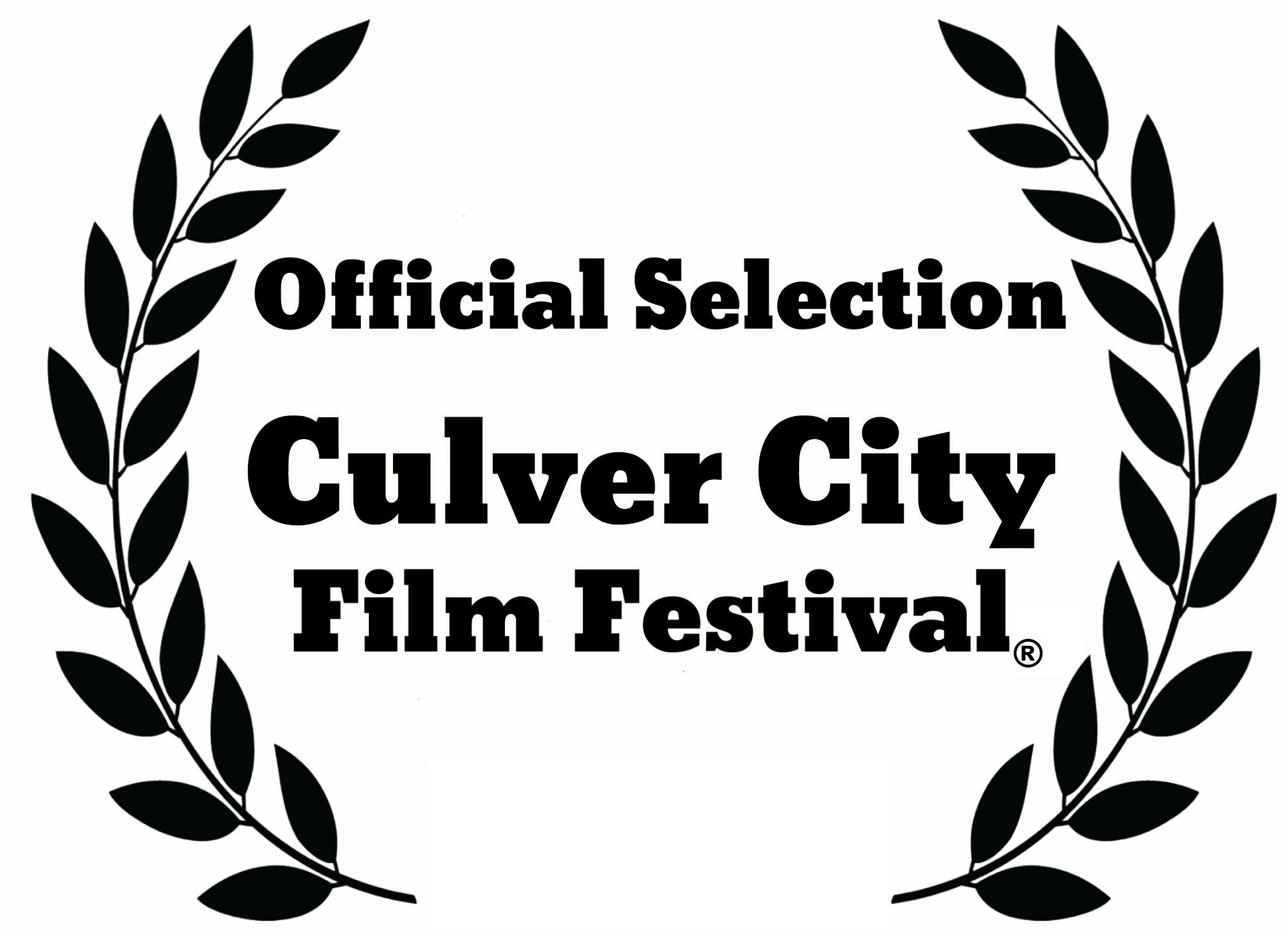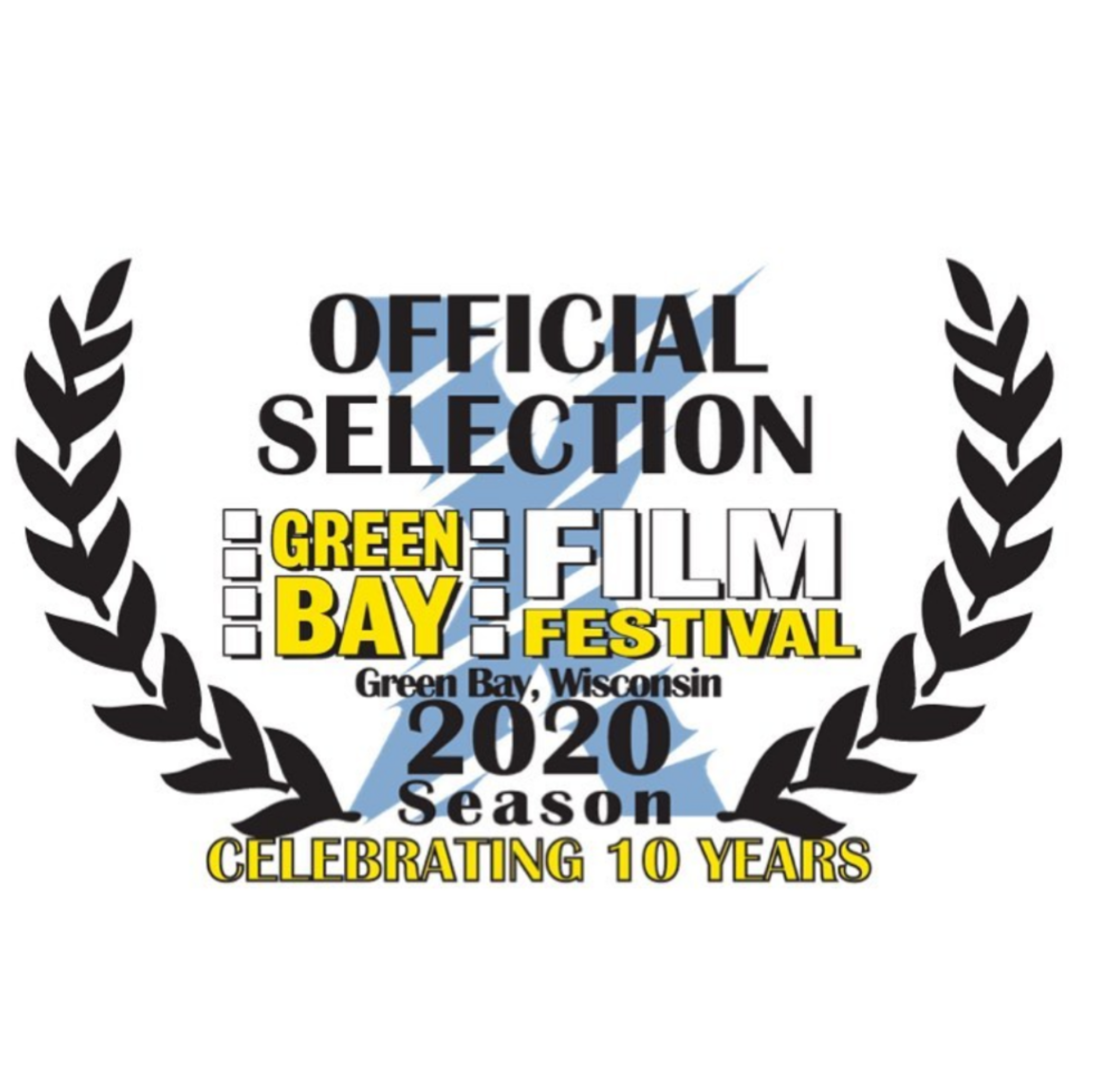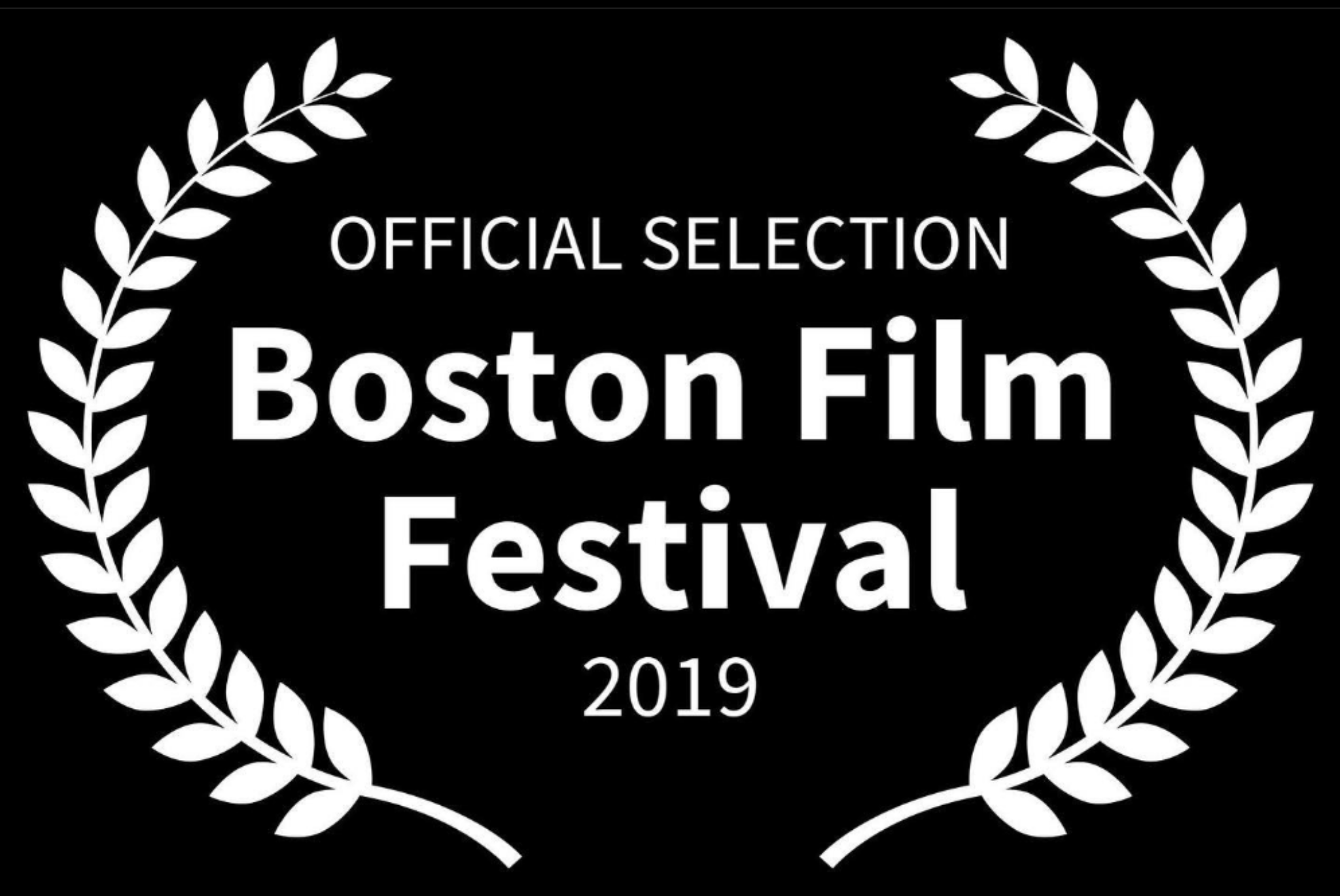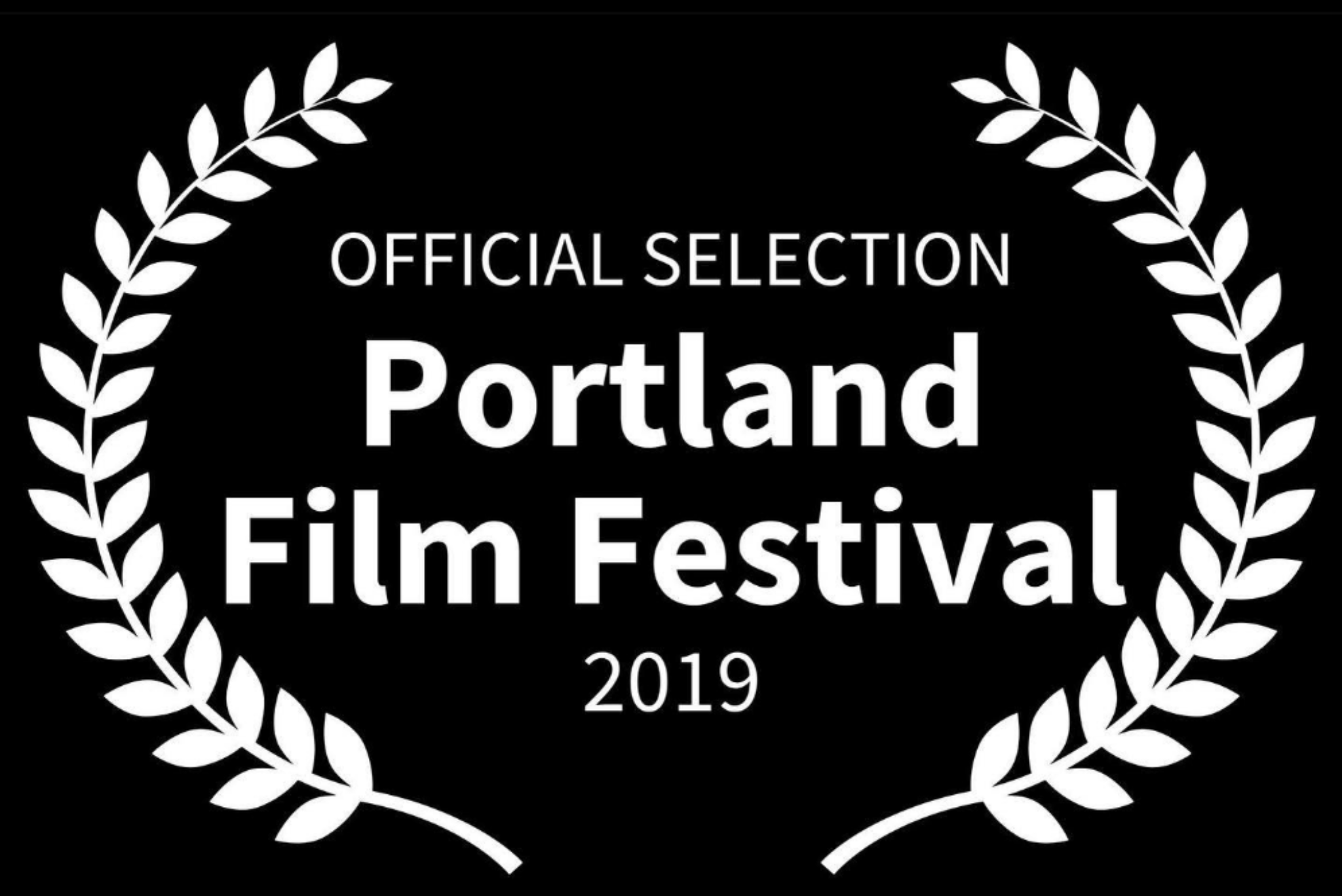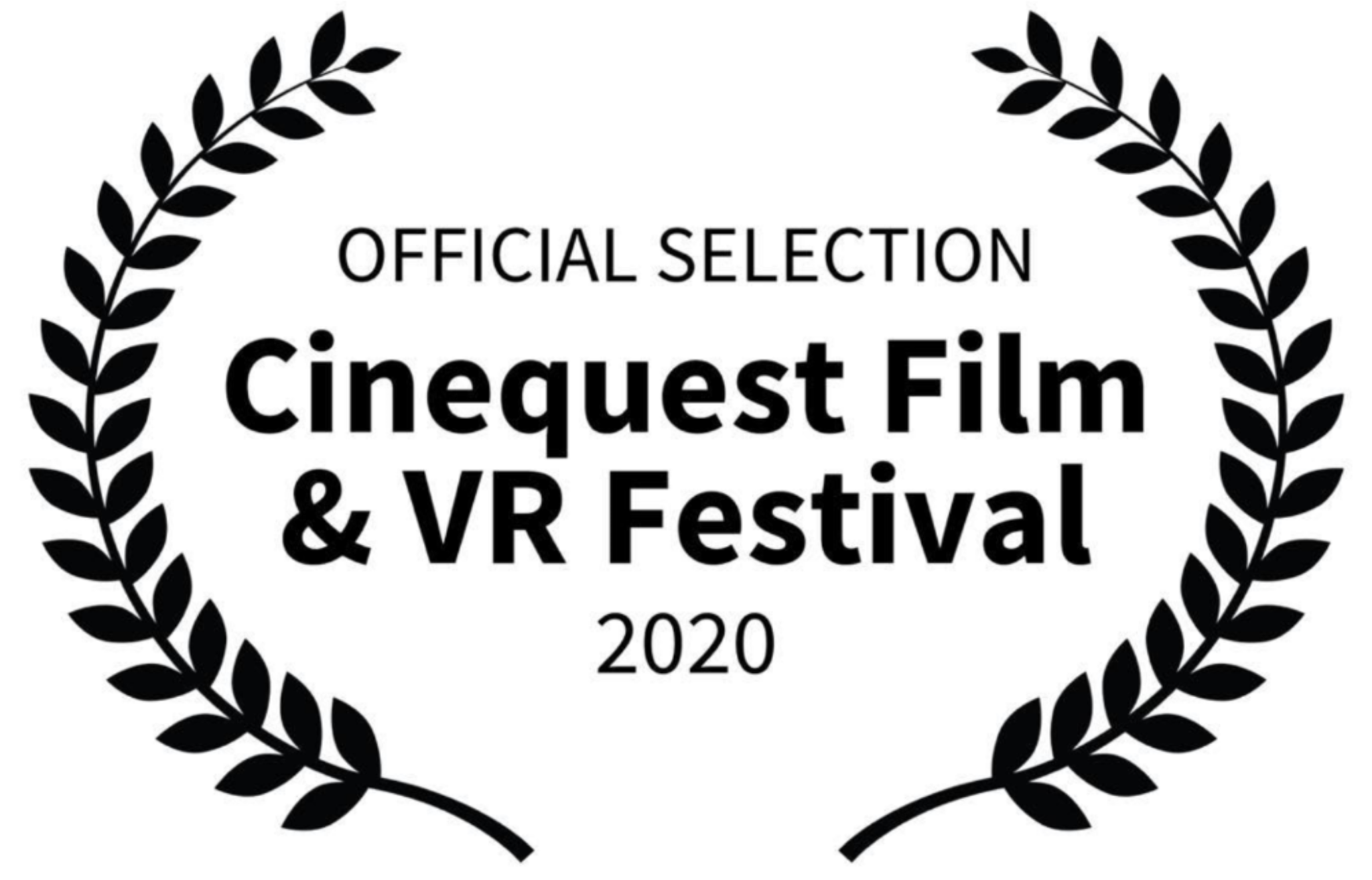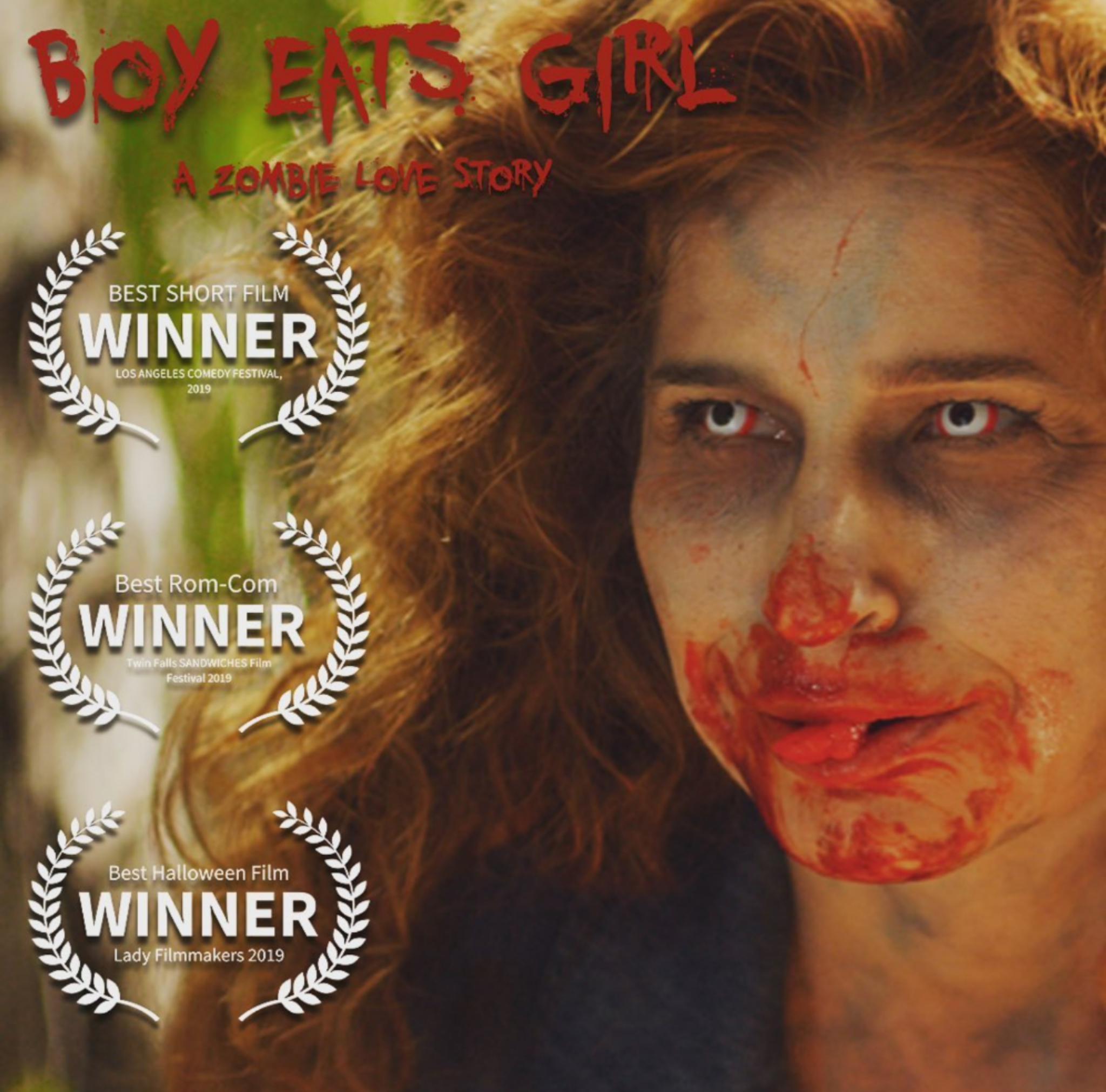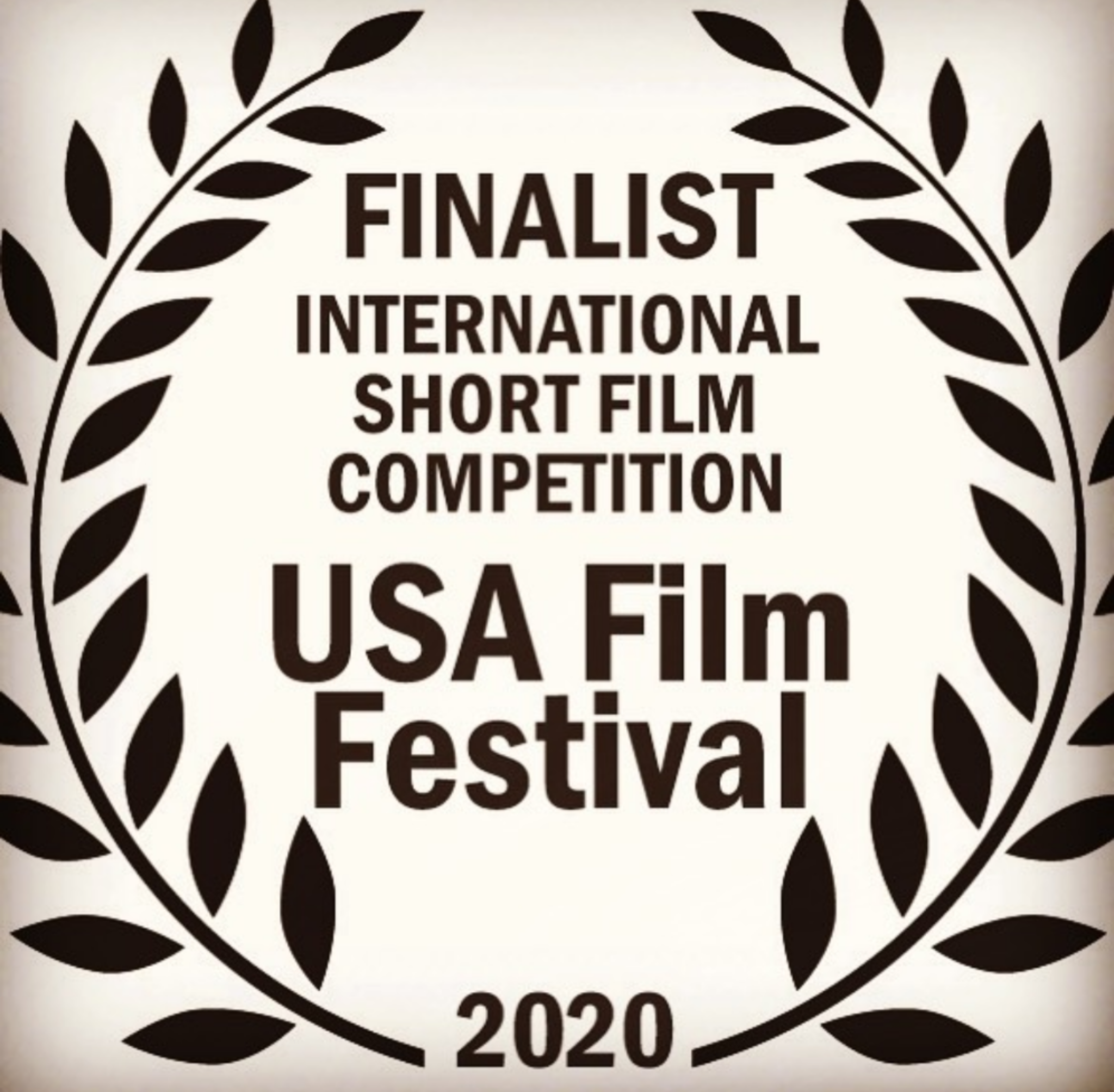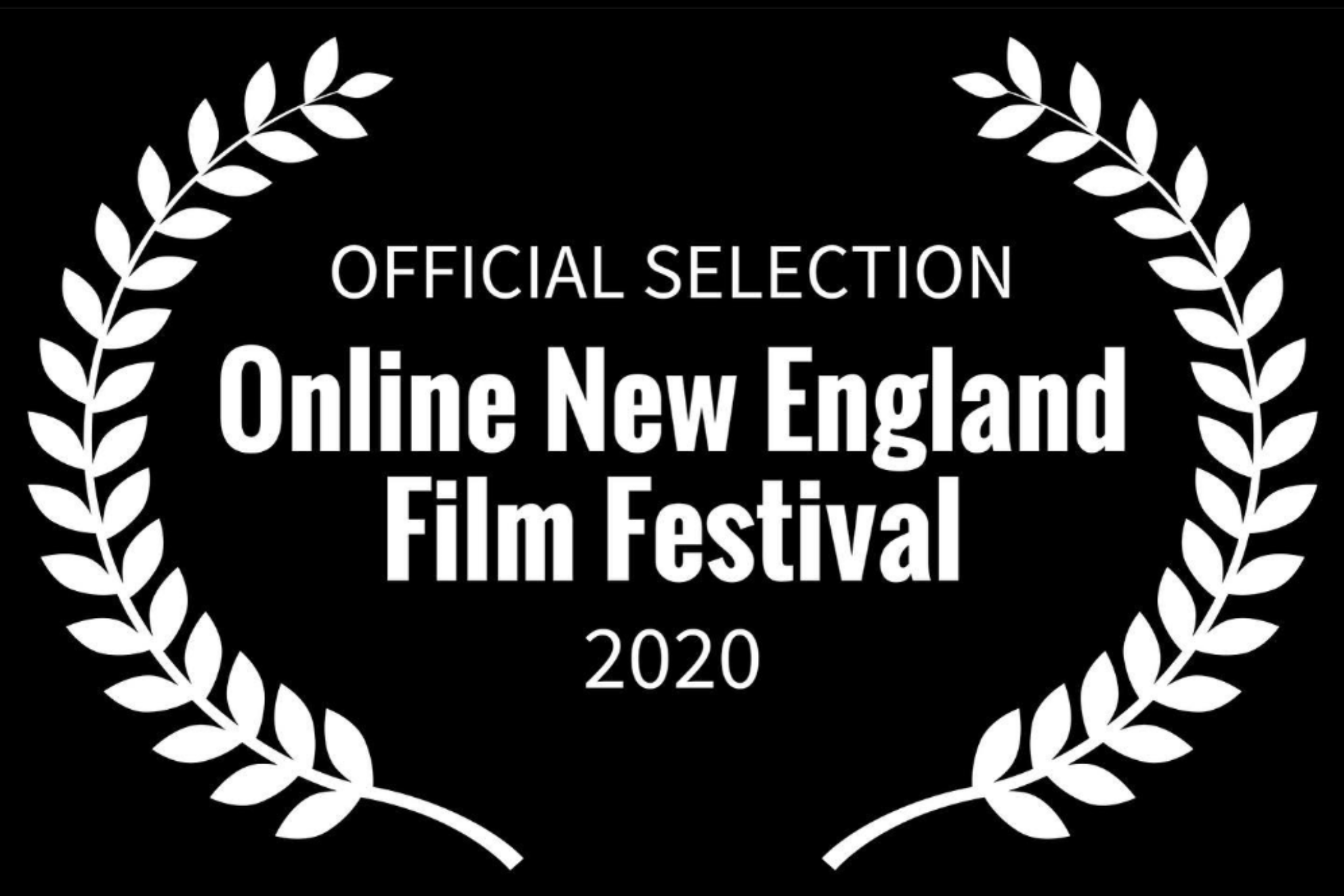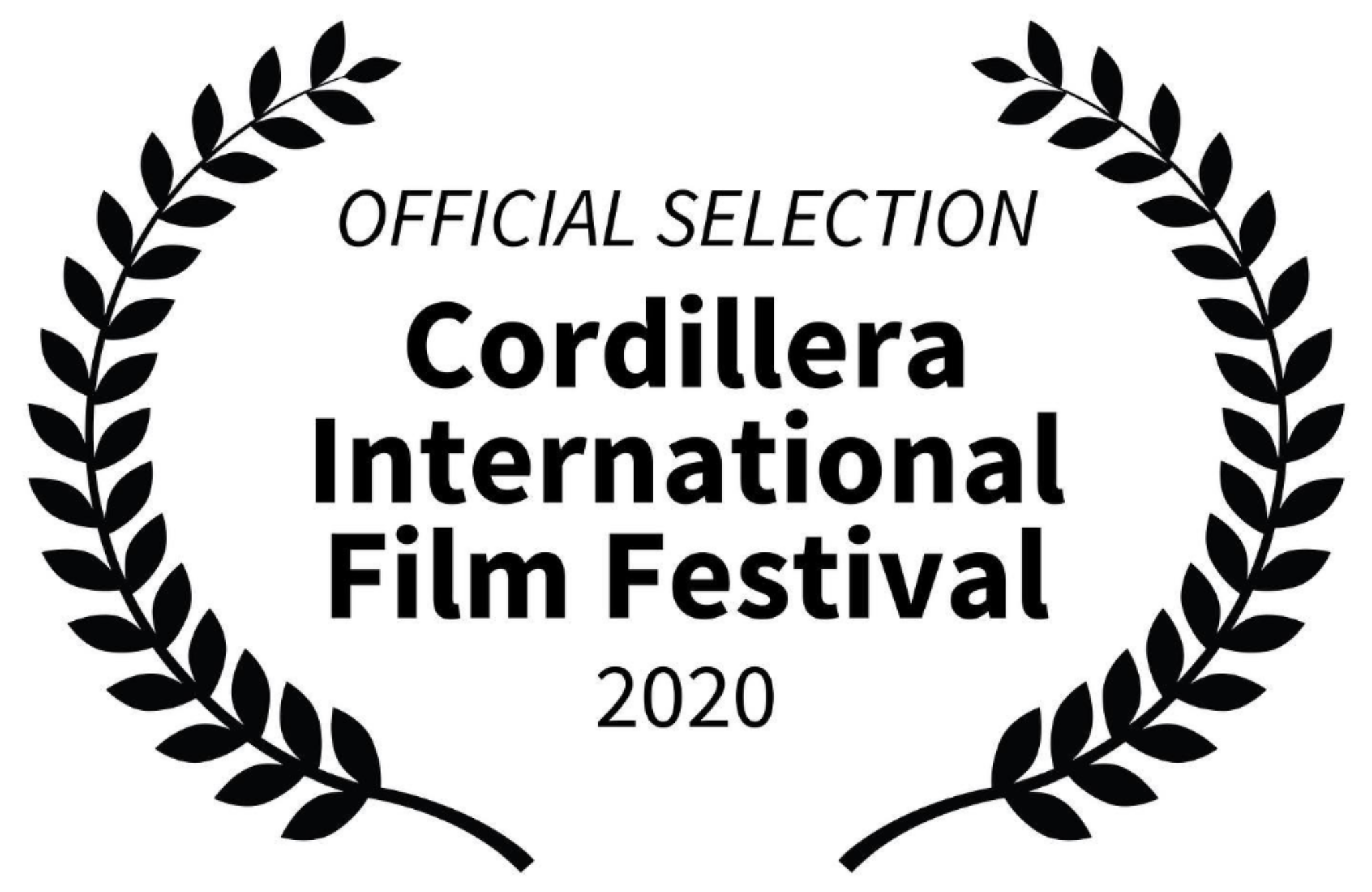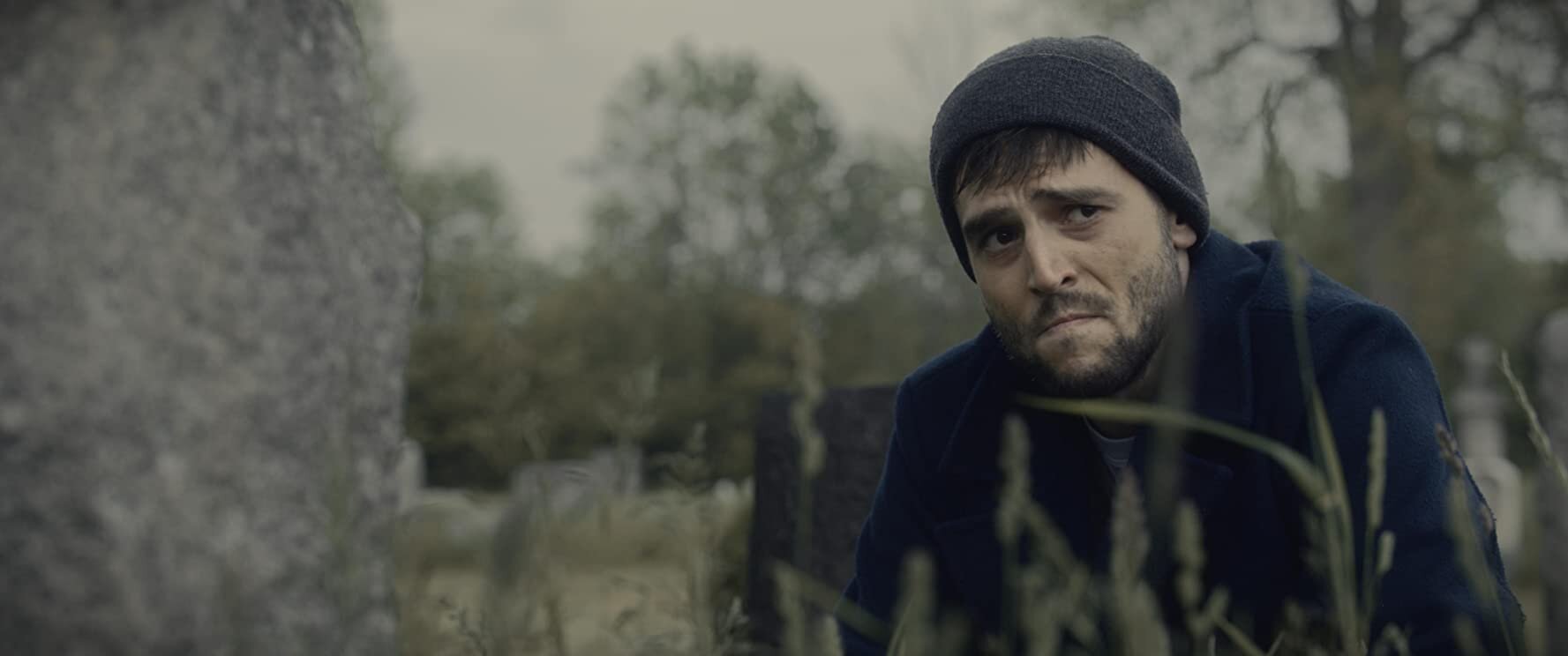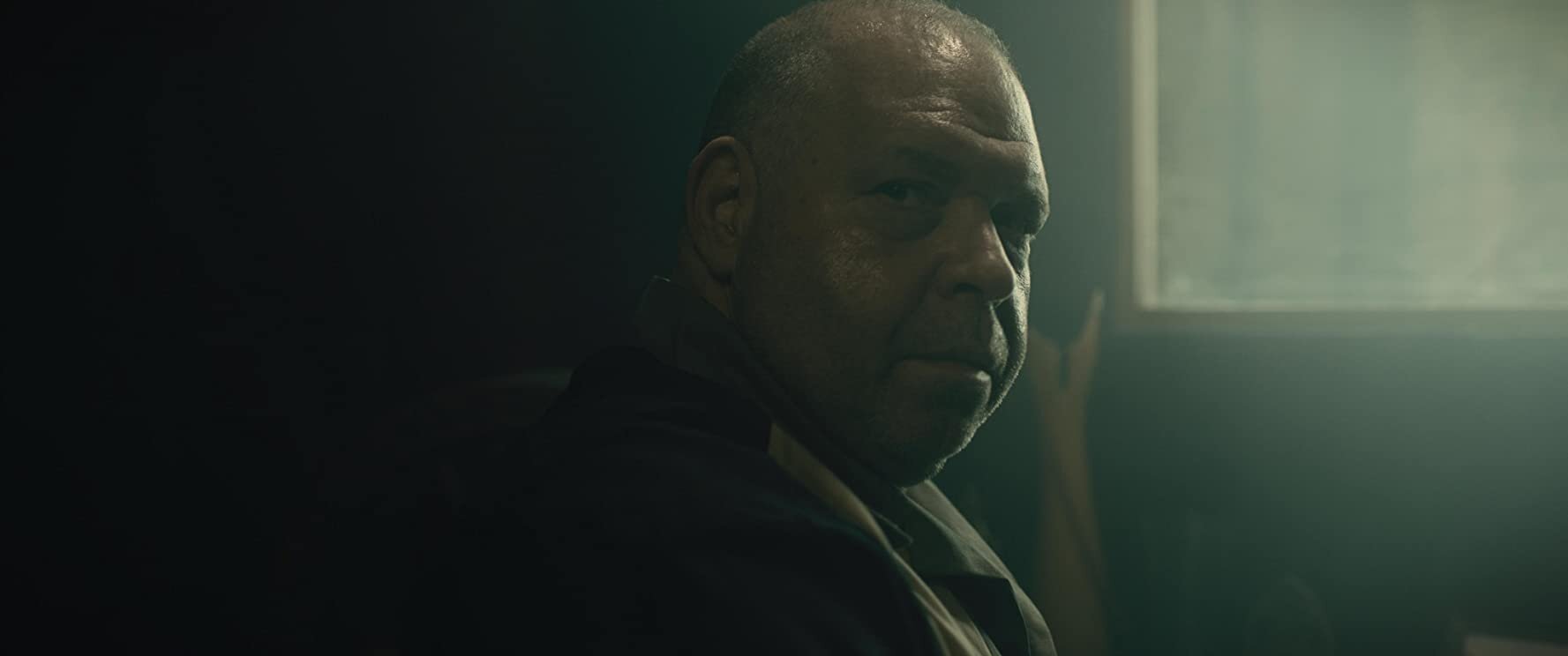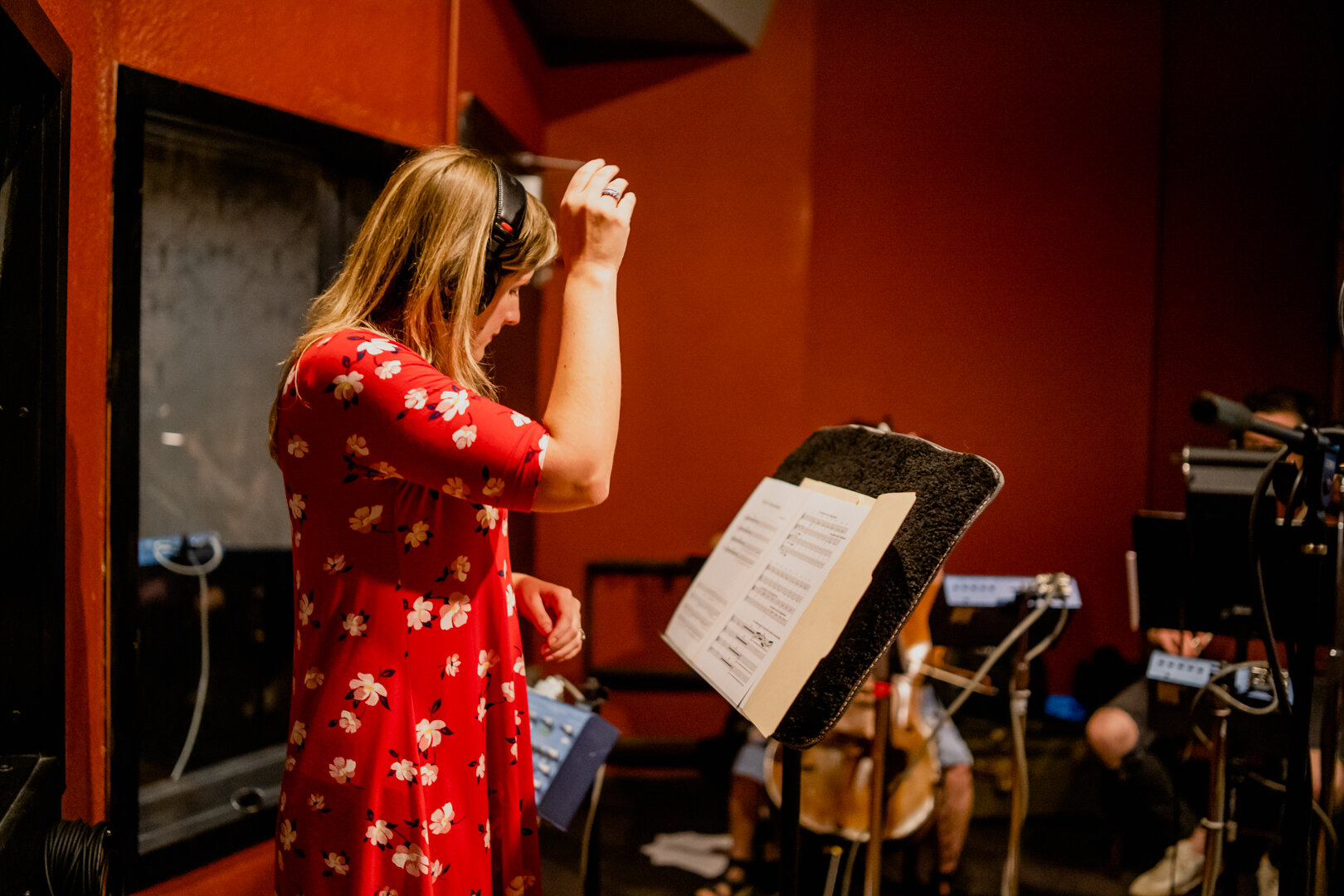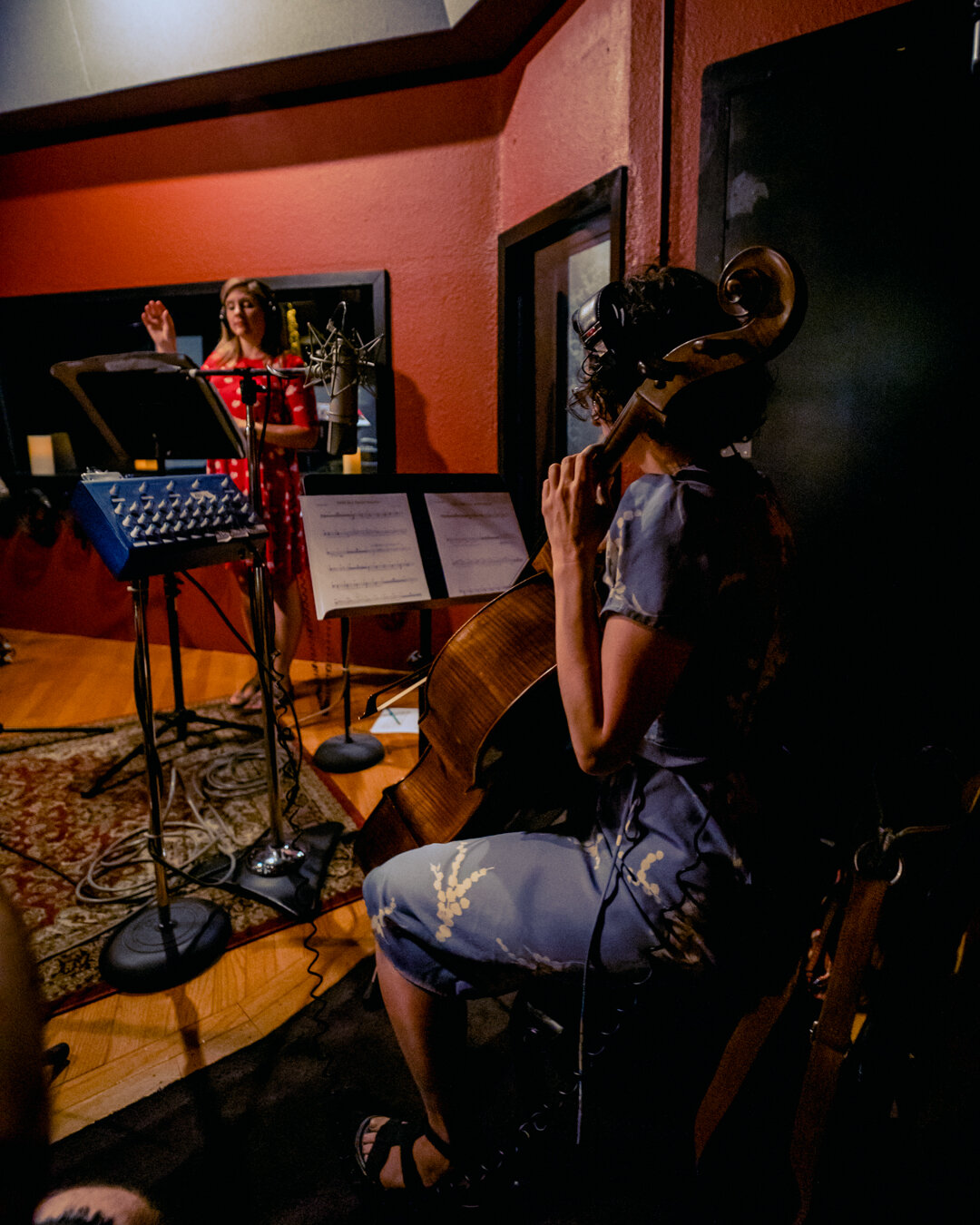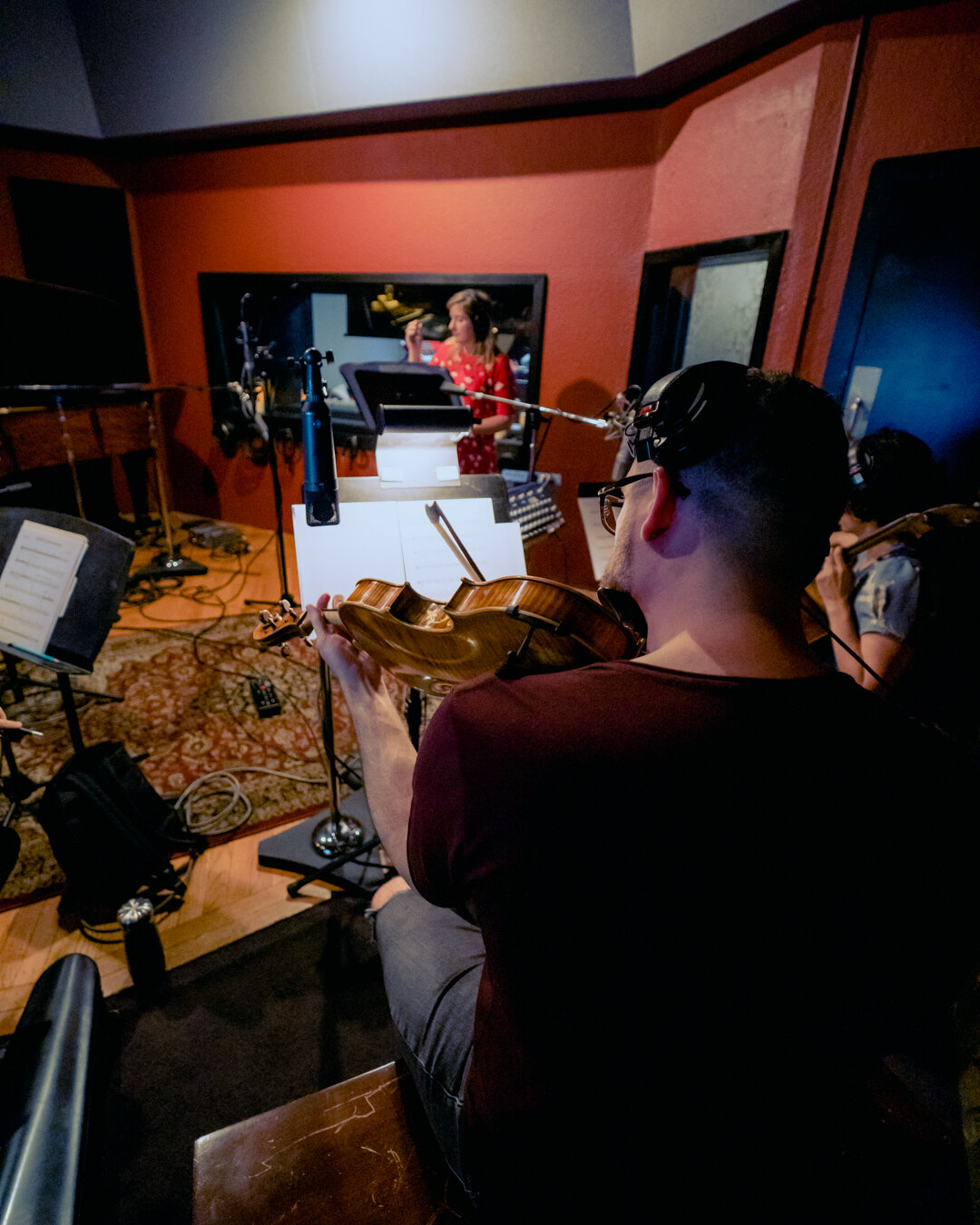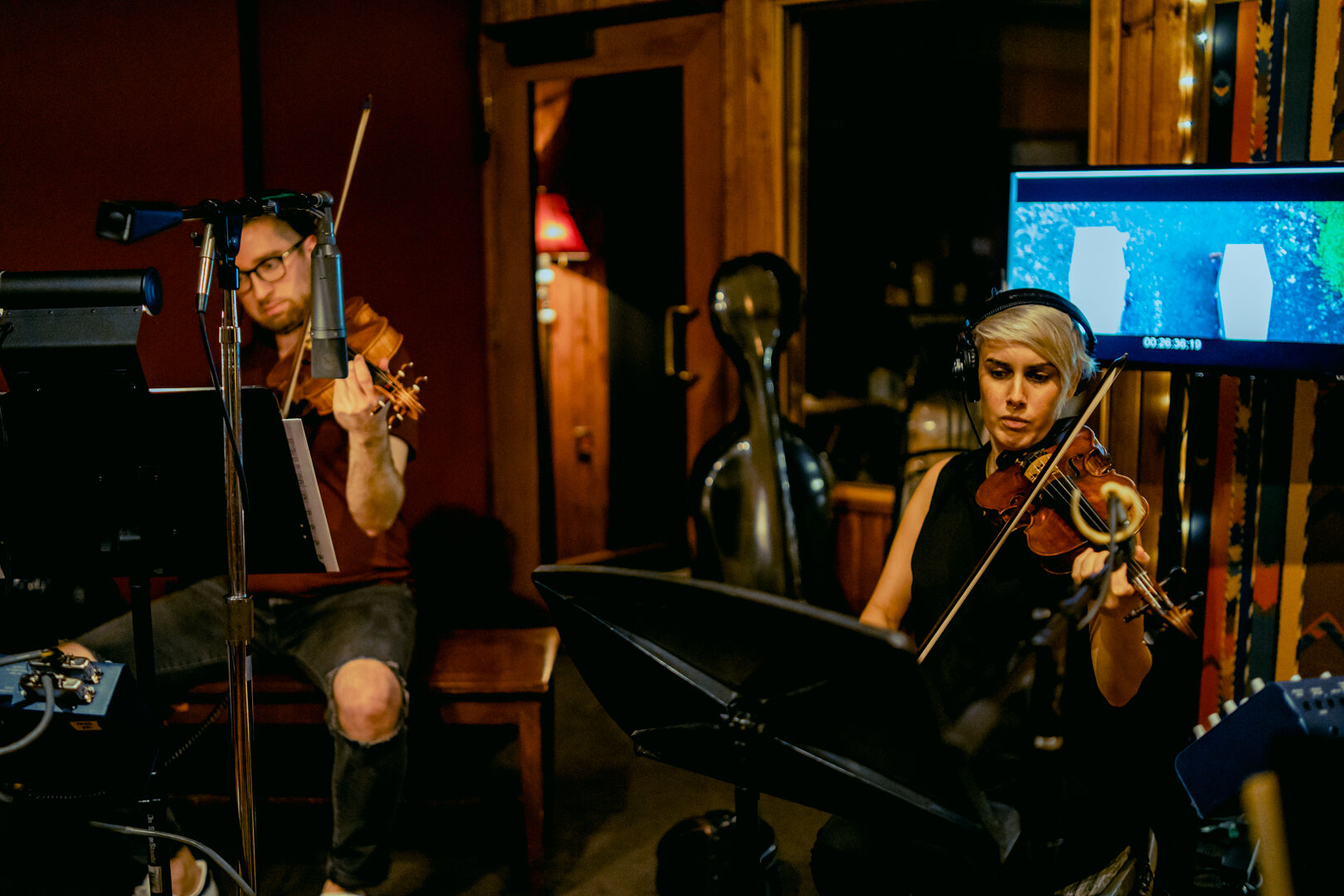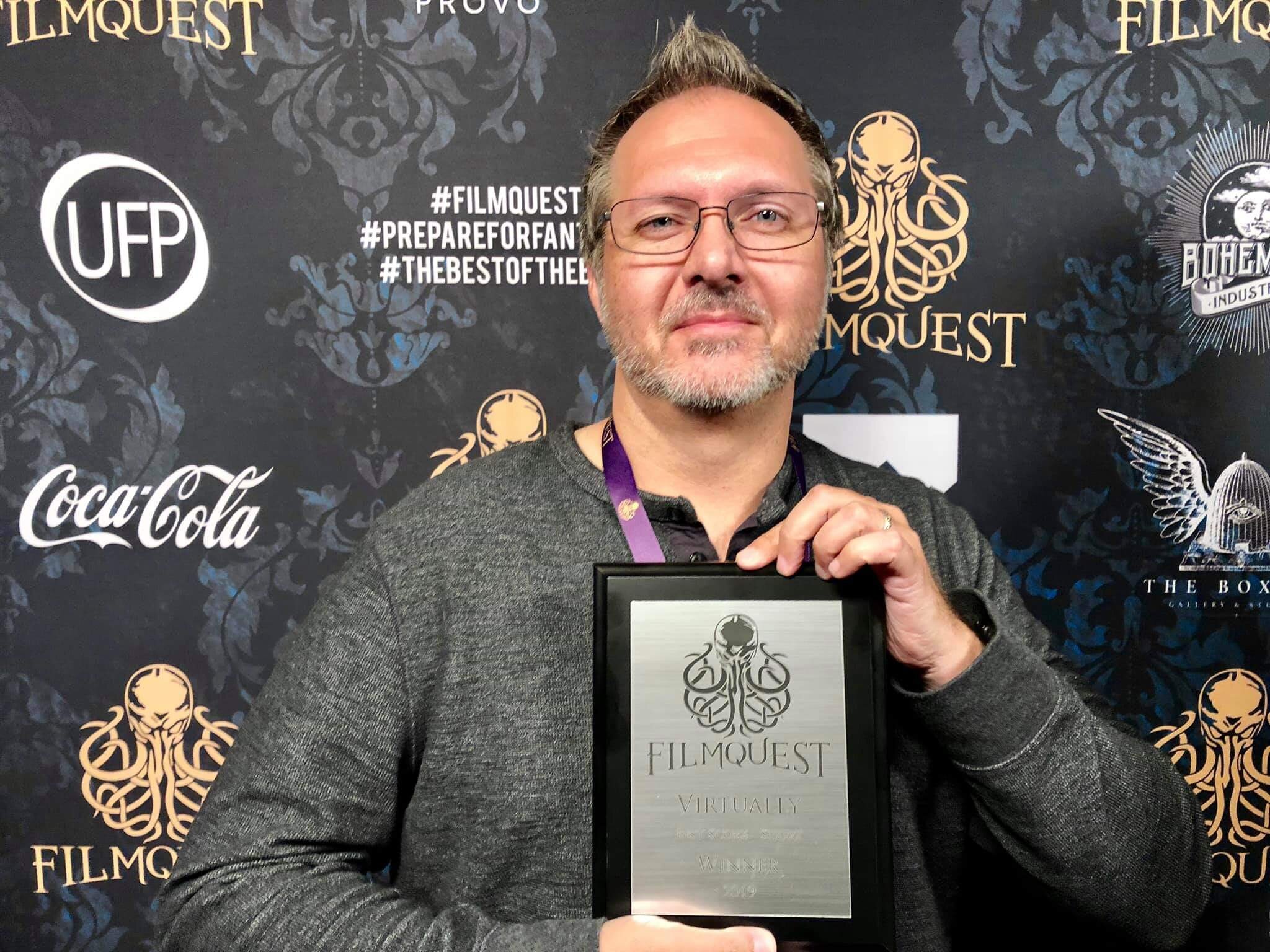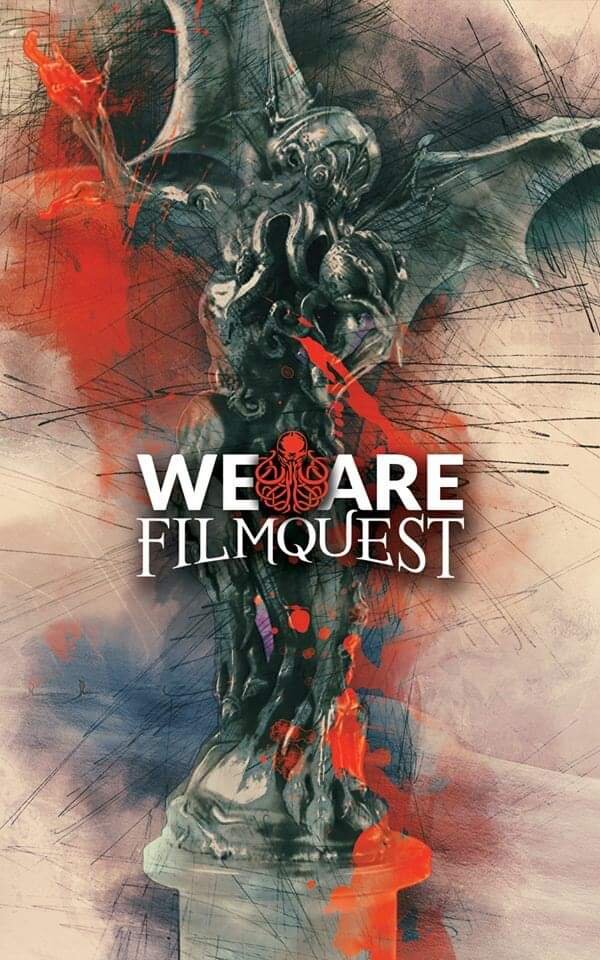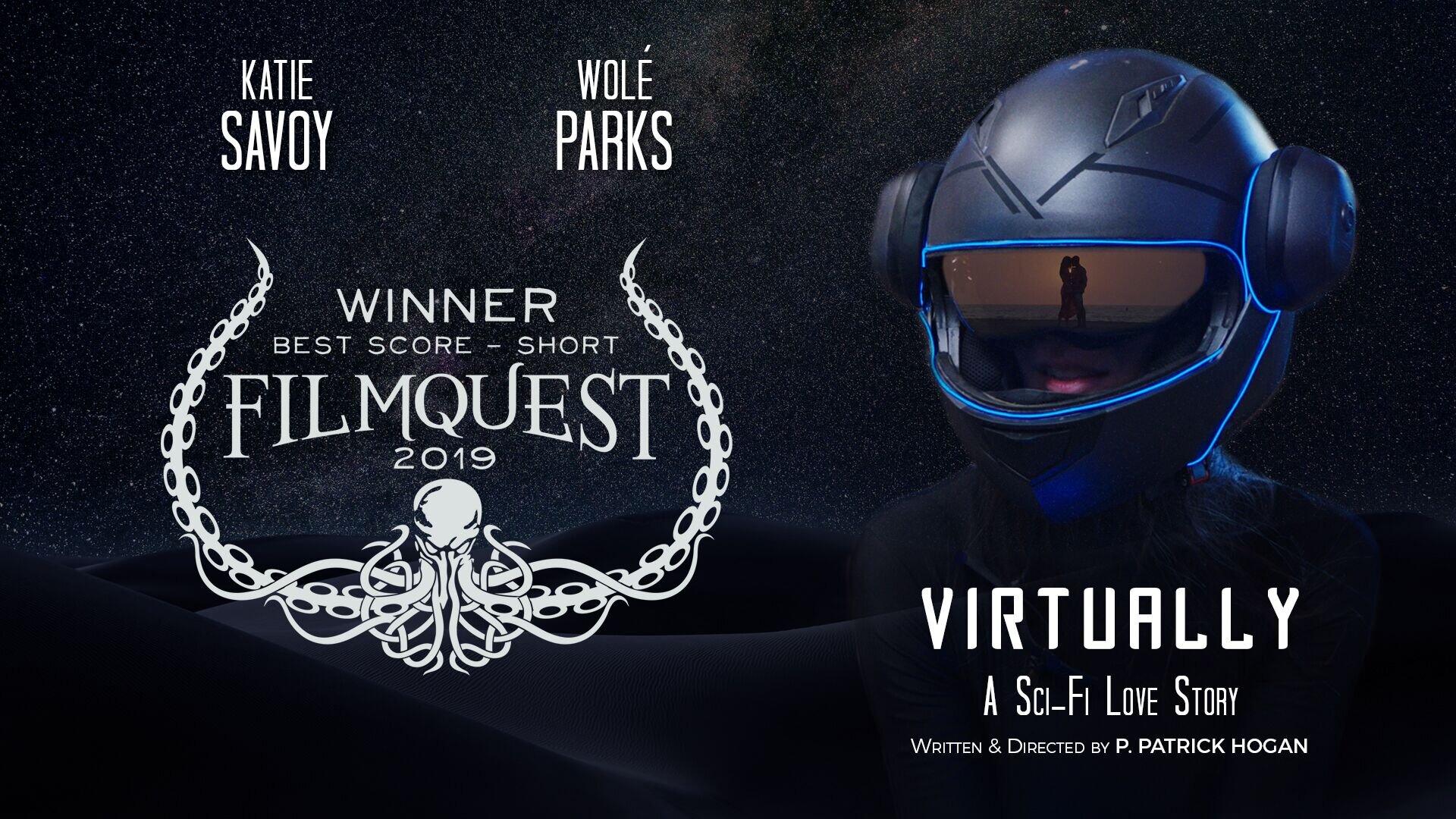Cindy is a physicist out for a run. She's been awaiting the results of her latest experiment, which involves the ability to fold space-time. As she runs in the woods, she attracts the attention of a mysterious figure lurking in the woods. When she comes home, she gets into an argument with her father, who is also a scientist, and whose work Cindy has built upon. Her father urges her to abandon the experiment, saying her obsession with it will ruin her life. But Cindy persists, though its results force her to reckon with the decisions of the past.
Directed and written by P. Patrick Hogan, this short sci-fi drama leverages its ability to build tension and create suspense, drawing in viewers into a story that questions the limits of human knowledge and how far we should go to pursue ideas and capacities beyond our understanding. While its subject matter is scientific and speculative, the film itself functions mainly as a mix of family drama and suspense thriller, beginning with the tracking of a mysterious figure in the woods that itself is watching a woman closely. It follows her back home, where we assume it lies in wait for the perfect moment.
True to the cinematic language of the thriller genre, the musical score is tense, the cinematography and camera are shadowy and eerie and the editing builds a sense of anticipation. But then the film settles into another mode, as Cindy and her father debate over the experiment and the possible test results that she's waiting for. The possibility of time travel would change everything, and Cindy doesn't question the drive to unlock the secrets of space-time. But her father, whose work she is building on, urges her to stop, saying that perhaps there are some things that human beings aren't meant to know or do. Actors Maggie McCollester and Lowell Dean trade points back and forth, and it becomes clear that Cindy is more driven -- almost to the point of obsession -- to unlock the experiment than sift through its moral and ethical ramifications. Her father can't change her mind, despite pointing to their ruined marriages and fractured family lives as evidence that such single-minded zealous pursuit has its cost.
It's at that point that the elusive dark figure makes its move, pulling the film into an entirely different direction -- and Cindy's fate as well. With the buildup of tension, the denouement of "Killing Time" could easily escalate into violence or confrontation, but as it unfolds, we see it is the work of addressing past mistakes, righting previous wrongs and saving what's most precious in life, while at the same time acknowledging that arguments about science, ethics and knowledge are complicated and tangled ones to unravel. We can test the limits and capacities of human knowledge, but is it wise when we still haven't mastered the ethical and emotional capacities we already have? There are no answers except maybe in hindsight, though it's tempting to believe we can remedy those if we could. ABOUT OMELETO Omeleto is the home of the world's best short films. We showcase critically-acclaimed filmmakers from the Oscars, Sundance, Cannes and more!










